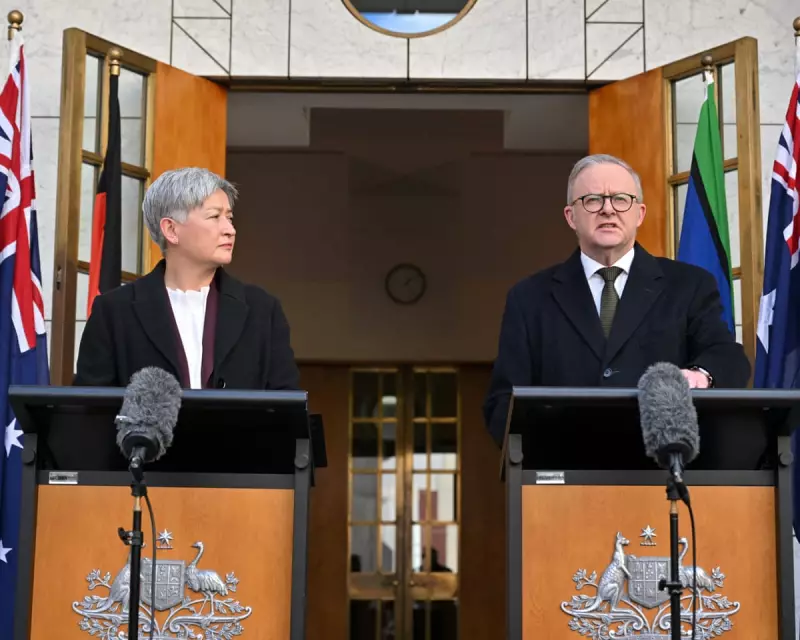
Prime Minister Anthony Albanese's recent announcement regarding the recognition of Palestinian statehood has sent ripples through both domestic and international political circles. While the move is unlikely to please everyone, it represents a significant departure from the current, often criticised, status quo in Middle Eastern diplomacy.
A Controversial but Necessary Decision
The Australian government's stance on Palestinian statehood has long been a topic of heated debate. Albanese's decision, though controversial, reflects a growing international sentiment that the current situation is unsustainable. "The horrifying status quo cannot continue indefinitely," a senior government official stated, highlighting the humanitarian concerns driving this policy shift.
Domestic Reactions
Within Australia, responses have been predictably mixed:
- Supporters argue this demonstrates Australia's commitment to human rights and international law
- Opponents claim it undermines Israel's security and could damage bilateral relations
- Middle East experts suggest it may position Australia as a potential mediator in future peace talks
International Implications
The decision places Australia among a growing number of Western nations reconsidering their Middle East policies. While not the first to make this move, Australia's status as a close US ally gives this announcement particular significance in global diplomatic circles.
The Road Ahead
Implementation details remain unclear, with the government promising further consultations with regional partners. What's certain is that this decision marks a bold new chapter in Australia's foreign policy approach to one of the world's most intractable conflicts.





